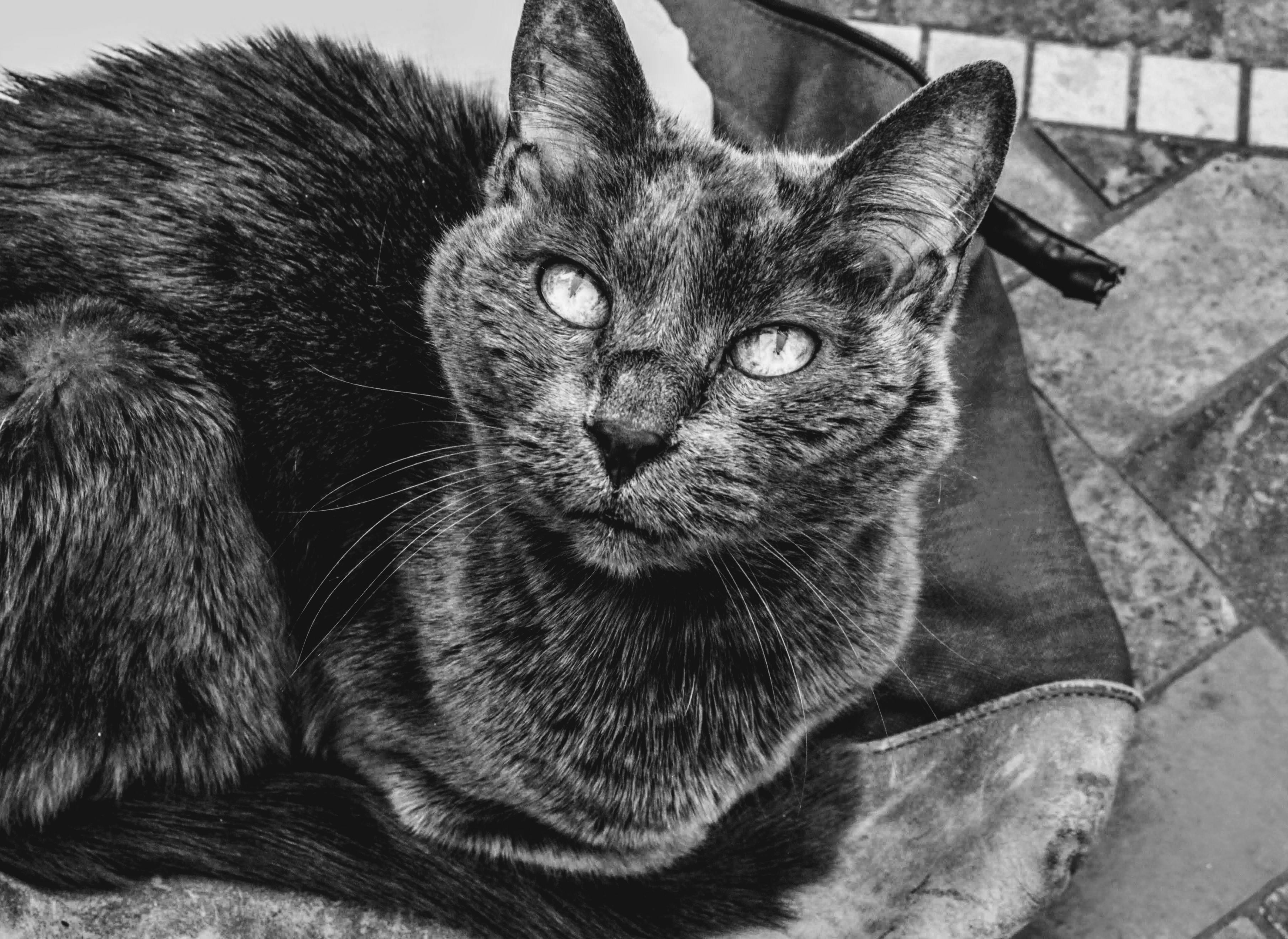Hiccups are normally harmless and are rarely serious. Basically the source is diaphragm spasms. This can be due to excitement, eating too fast, irritants, or stress.
Puppies who hiccup generally do so first thing in the morning after waking up, after naps, after eating, or after being overly excited. Some puppies may even hiccup in their sleep!
Sources of hiccups
Hiccups are very common; Some vets think they can be part of the long list of “growing pains” that some puppies must endure during the physical and mental maturation process. In general, the episodes begin to decrease as they age and disappear completely when the puppy is between 8 months and 1 year old.
Other vets claim that it is a vestigial reflex that many puppies have from their days in the womb. It was a way that they could exercise their lungs and strengthen their esophagus muscles, while literally being “under water.” Most puppies stop, once their lungs adjust to oxygen and a drier environment.
There is no reason to worry if your hiccup episodes last less than an hour. If they continue for a longer time or are chronic, it is suggested to consult with your veterinarian. Sometimes hiccups, when combined with other symptoms, can be a symptom of heart disease, hypothermia, asthma, or other respiratory illnesses.
Treatments for hiccups
As a general rule, it is better to do nothing. Often times, the stress your human exhibits only exacerbates the puppy’s anxiety. However, some find it difficult to do nothing when they feel like their pet is in trouble.
The goal is simply to change your puppy’s breathing rate.
This can be done by distracting them and giving them something different to focus on. Offering a ball or squeaking a toy can be enough of a disruption to return to normal breathing.
Offering him a treat, food, or water can also help change his breathing pattern.
Others find that exercising and playing with their pet not only helps their pet, it helps calm them down too!
If excitement is the trigger for your puppy’s hiccups, try to tone it down a bit. Massaging your puppy instead of prompting him more excitement can help him relax and begin to breathe normally.
There are medications that your vet can recommend, if the problem persists. They will help relax the muscles of the diaphragm.
In extreme cases where there may be a physical abnormality, surgery is an option.
Bottom line: keep calm. Hiccups are usually just as normal for your puppy or dog as it is for you.
